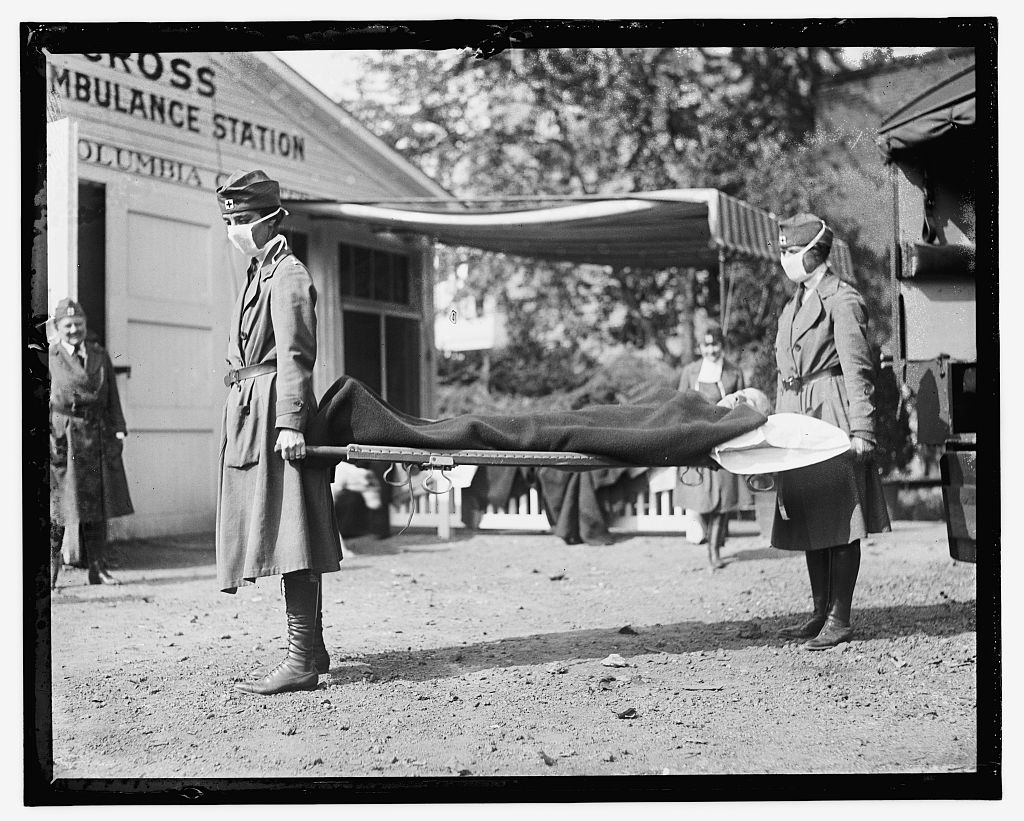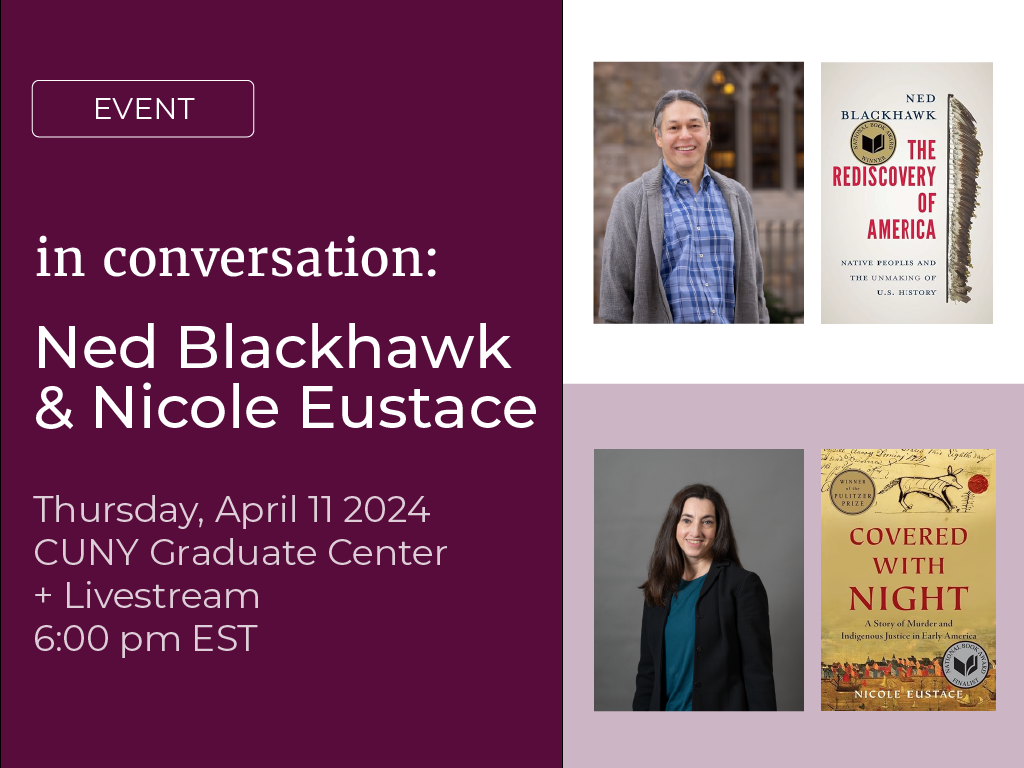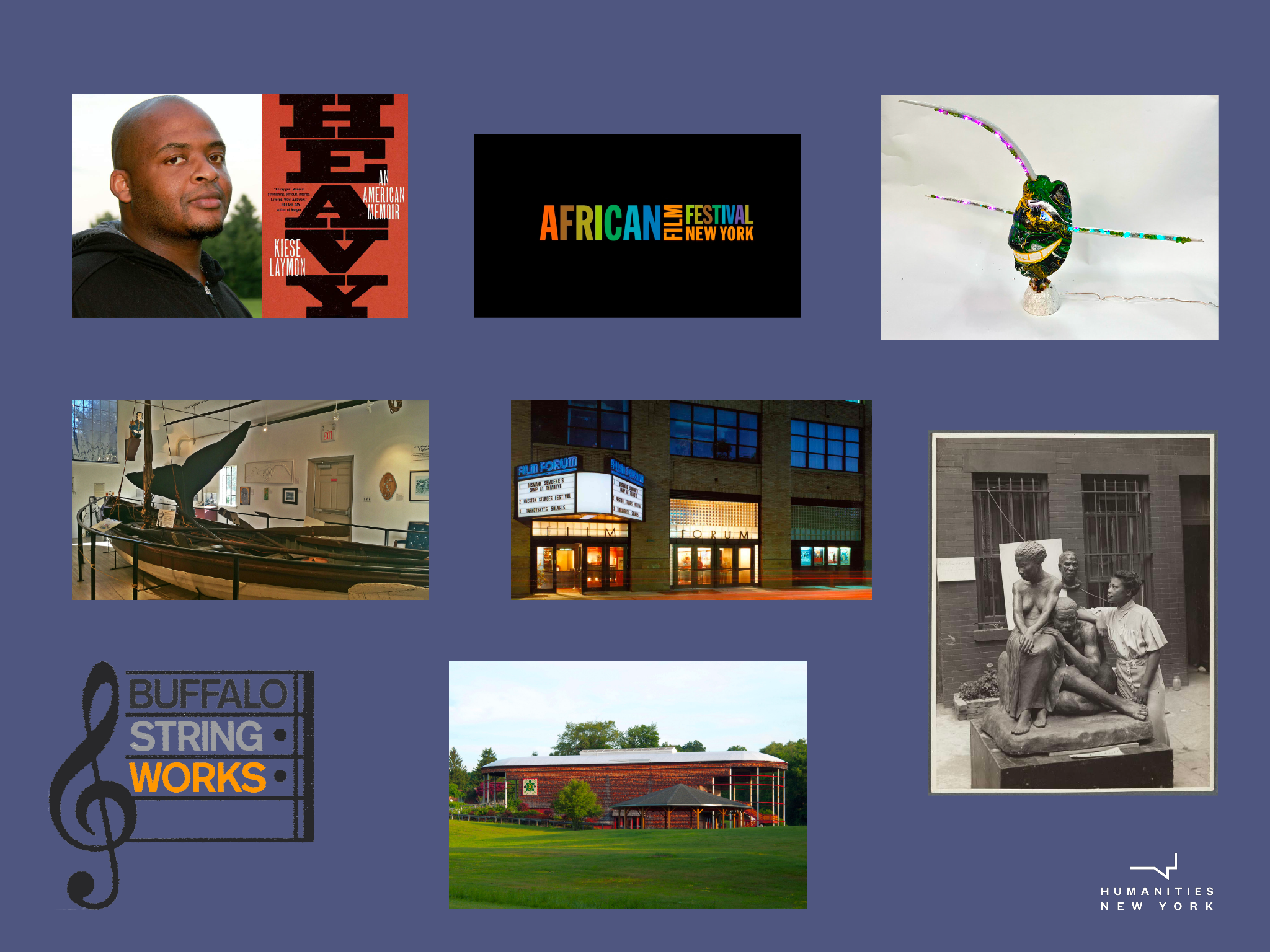Are you reading obsessively about all aspects of the pandemic? We hear you! HNY has curated a brief selection of books, articles, and podcasts that examine the complex relationships and questions that have emerged during social crises. This complements our Conversation on Your Couch discussion on Community & Pandemic.
Your library card may get you free access to digital versions of these books via platforms such as Libby and Hoopla. Don’t have a library card? New York Public Library has expanded its online offerings — any New York State resident may apply for a card via the SimplyE app.
Books

A Paradise Built in Hell by Rebecca Solnit – On the potential for disasters to unite and strengthen communities even as they struggle to survive, by one of our great prose stylists.
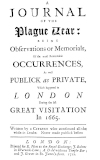
Journal of the Plague Year by Daniel Defoe – Drawing on a constellation of historical documents, Defoe deftly imagines and urgently relays to readers the sights, smells, and fears of London as the Bubonic plague lays wastes to the city.
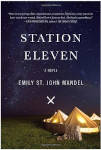
Station Eleven by Emily St. John Mandel – National Book Award finalist for fiction about the years following an influenza outbreak that kills 99% of the population. The central narrative follows a roving theatre troupe that performs for the communities that remain.

The Children’s Hospital by Chris Adrian – This surreal, mesmerizing novel charts the course of a children’s hospital that has somehow been transformed into a latter-day Noah’s Ark after the entire world is flooded.
Articles
“I Can’t Answer My Daughter’s Questions about Covid-19” by Kevin Koczwara – An essay on the difficulties parents encounter during social isolation with their most intimate communities—their children.
“The Impossible Has Already Happened: What Coronavirus Can Teach Us About Hope” Rebecca Solnit – (excerpt from the first book on this list) A succinct speculation on hope and the better path that may be available in the wake of Covid-19.
“What Our Contagion Fables Are Really About” by Jill Lepore – a literary overview of of plague writing and what it represents to humanity. Starting with Defoe’s “Journal of the Plague Year,” Lepore deftly navigates the fear and loss that plague narratives address and their changing social role over the centuries.
Podcasts
“Documenting A Pandemic In Real Time” by New York Minute in History podcast (funded in part by an HNY Action Grant) – How are you going to remember this moment? Historians have precedents for how to document the pandemic and museums explore ways to make their collections accessible.
“Ethics Talk: COVID-19 Pandemic Response” by the American Medical Association – Given shortages, how do doctors decide who receives care and who doesn’t? A serious discussion of ethics by medical professionals that offers a glimpse into the terrible decisions many have faced and continue to face.
Further Reading
“Case Studies & Resources: Putting the Coronavirus into a Humanities Perspective” a list of interest to historians and readers, compiled by Thomas Quinn Marabello of the Federation of State Humanities Councils. For those interested in the historical perspective, here are some case studies and resources, including fiction and non-fiction books, articles, documentaries, films, museums and websites. If you’re an educator, this list provides an excellent resource for curriculum.
“Your Quarantine Reader,” a New York Times list (Paywall) – Fearing the worst? Writers have been doing that for centuries. Here are the best pandemic novels from Edgar Allan Poe to Stephen King.
To hear about the latest Conversations on Your Couch and much more, sign up for our Newsletter.
List compiled by Michael Washburn, Director of Programs, and Nicholas MacDonald, Communications Manager.
